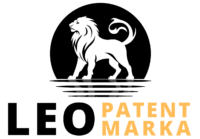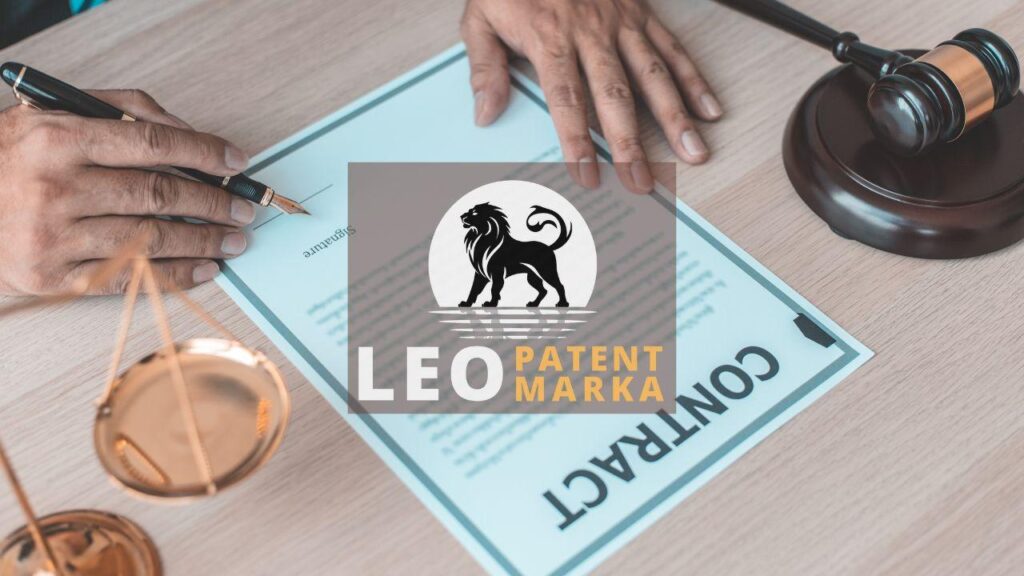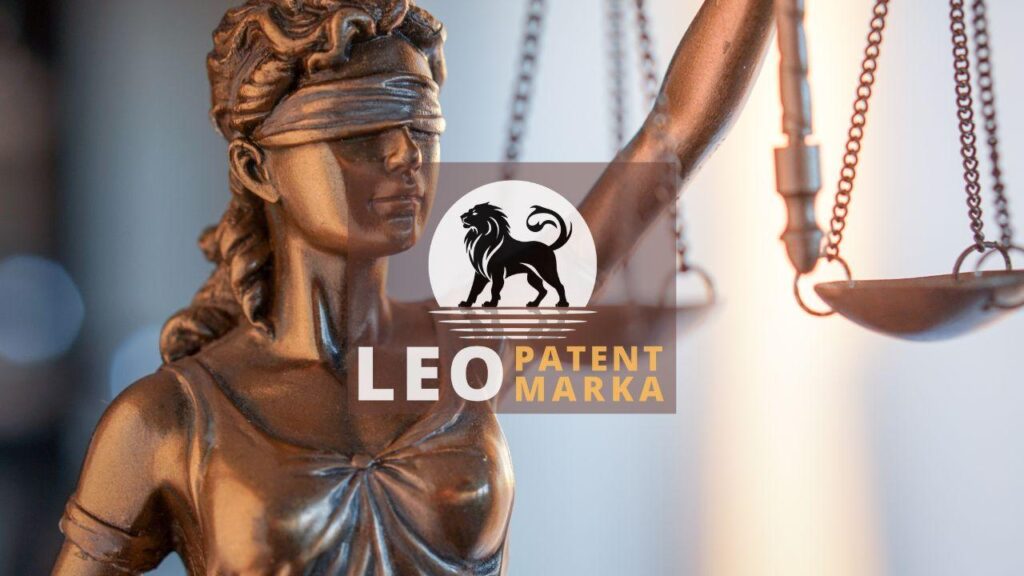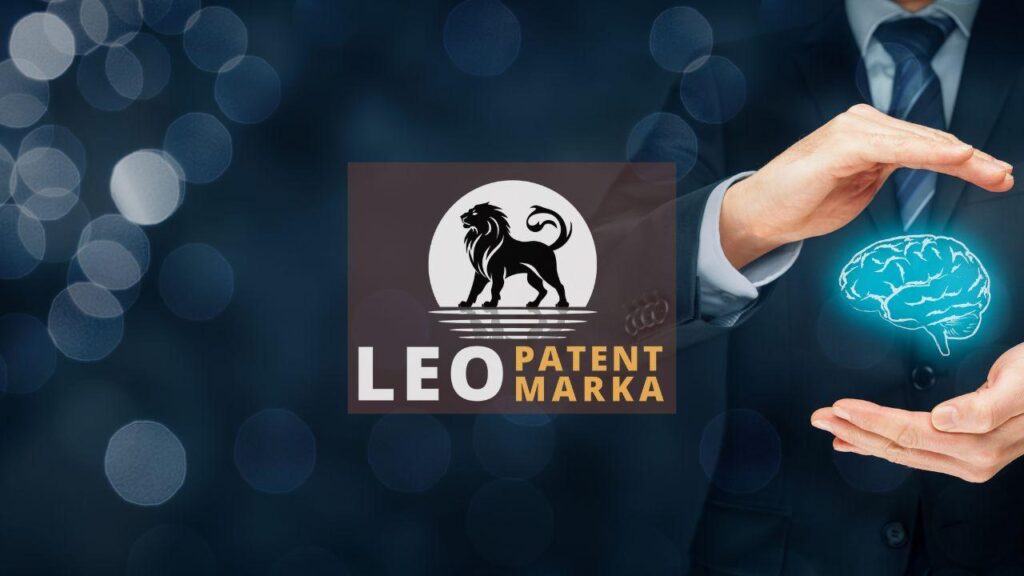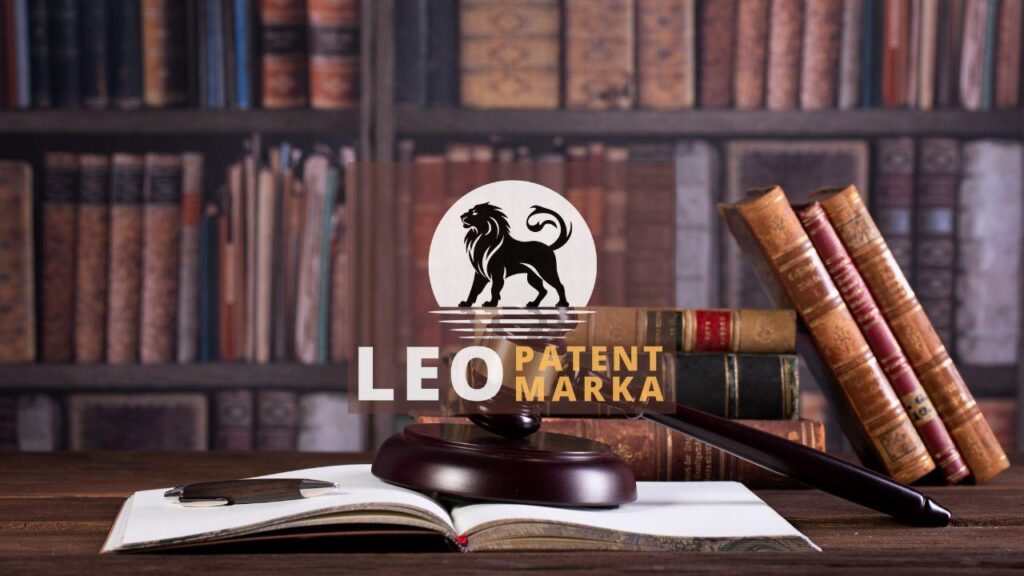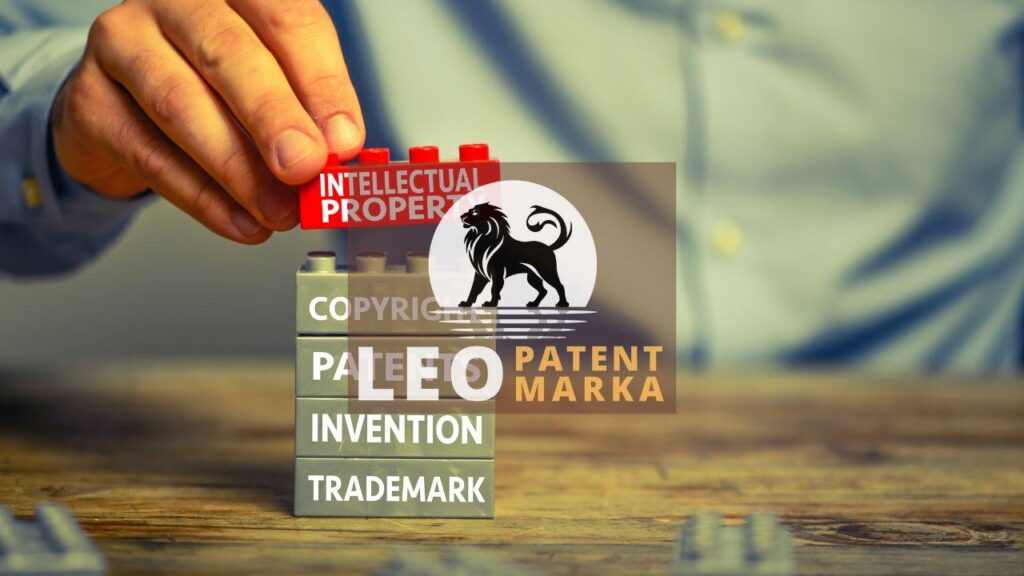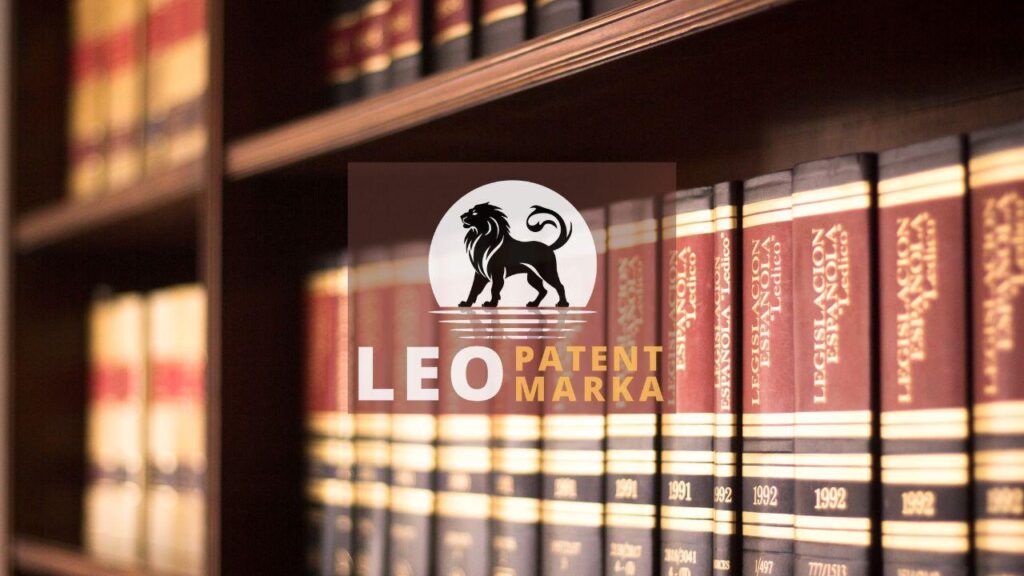In the whirlwind world of business innovation, the crucial decision between securing a patent or opting for trade secret protection can significantly impact a company’s competitive edge. Both options, while distinct, serve as vital tools in the arsenal of intellectual property protection, each with its own perks and pitfalls. But which is the better shield for your unique business secrets? As we dive into this patent vs trade secret conundrum, we’ll navigate the advantages of patents, famed for their enforceable public disclosure, against the covert allure of trade secrets, which keep competitors guessing. An intellectual property comparison is not just academic but a strategic move for any innovator. Choosing wisely can be the linchpin that keeps your groundbreaking ideas under wraps or places them upfront in the marketplace. Stick around to discover which protection aligns best with your enterprise’s aspirations and strategic direction.
Understanding the Key Differences Between Patents and Trade Secrets
In the intricate tapestry of intellectual property comparison, understanding the fundamental differences between patents and trade secrets is essential. Patents offer a transparent shield, laying out the advantages of patents in clear legal terms. They provide a public record of innovation, giving inventors supremacy but with an expiration date. On the other hand, trade secret protection can be likened to a cloak of invisibility, keeping business secrets hidden from the competition’s prying eyes for as long as their confidentiality is maintained. However, this path requires vigilant safeguarding. The choice between patent vs trade secret protection isn’t just a matter of ticking boxes—it’s a strategic chess move in the marketplace. Opting for patents places your innovations in the spotlight, while trade secrets keep them in the shadows. Each carries its own weight and can tip the scales in your favor, depending on your enterprise’s goals and market dynamics.
When considering the patent vs trade secret debate, it’s crucial to evaluate their roles in the broader intellectual property comparison landscape. Patents, often seen as the fortresses of innovation, rely on public disclosure to protect inventors, aligning with strategic objectives of transparency and market positioning. In contrast, trade secret protection thrives on secrecy, demanding a different kind of vigilance to safeguard business secrets. This approach requires a cultural commitment to confidentiality, ensuring that sensitive information stays hidden from competitors. While patents offer enforceable rights and legal recognition, they also invite scrutiny and eventual expiration. Conversely, trade secrets can last indefinitely, provided the information remains undisclosed and proprietary. Each path offers specific advantages of patents versus the covert strength of trade secret protection, guiding your choice based on the intended impact on competitive strategy and long-term business growth. Thus, understanding these nuances helps navigate which protection better serves your company’s innovative aspirations and secures a foothold in the marketplace.
When weighing the pros and cons in the patent vs trade secret dilemma, the differences unveil potential paths for your business journey. Consider the advantages of patents—these legal instruments grant inventors exclusive rights, fostering market advantage through public trust and recognition. However, they come with inevitable expiration and legal challenges if infringed. In contrast, trade secret protection offers an enduring cloak for business secrets, hinging on the sustained commitment to confidentiality to outpace competitors. This means every team member becomes a sentinel, guarding the keys to your kingdom. While patents place your achievements under the spotlight, trade secrets thrive under the radar. The choice is less about right or wrong and more about aligning with your business’s rhythm and guarding against risks. Through intellectual property comparison, understanding these elements equips you to navigate the waters of innovation, securing not just short-term wins but a robust foundation for long-term success.
Evaluating the Pros and Cons of Each Intellectual Property Strategy
Choosing between patent vs trade secret isn’t just a flip of a coin. Each strategy carries its own weight in the realm of intellectual property comparison. Patents offer the advantages of patents: legal protection and public acknowledgment of your innovation, but this comes at the cost of disclosure. Not every business secret benefits from being out in the open. On the flip side, trade secret protection keeps your confidential information locked away from prying eyes, but it’s a game of cat and mouse; once discovered, the secret’s power vanishes. Weighing these aspects is crucial for safeguarding your business secrets effectively. Consider the nature of your innovation, the competitive landscape, and your long-term goals before signing on the dotted line. This choice, tailored to your needs, might just be the pivotal factor that propels your company toward sustained success and market leadership.
Patents, with their enforceable shield, offer the concrete advantage of legal security and public recognition—a double-edged sword for inventors seeking acknowledgement. But the shine of a patent isn’t all glitter; disclosing details can open Pandora’s box, inviting reverse engineering. Meanwhile, trade secret protection thrives on maintaining silence in this vibrant intellectual property comparison, safeguarding business secrets from the grasp of rivals. Yet, this shadowy path walks a fine line; if discovered, the secret loses its magic, vanishing like mist in sunlight. Each choice in the patent vs trade secret debate has its perks and pitfalls, demanding careful evaluation of your invention’s nature and the competitive climate. Reflecting on these will steer your strategic direction, ensuring your innovative gems stay secure and your enterprise remains a step ahead in the relentless race for market supremacy.
Sure, you’re at a crossroads in deciding between a patent vs trade secret. This isn’t a decision to take lightly when weighing intellectual property options. Diving into the advantages of patents, they stand tall with legal fortitude, safeguarding your brilliant concepts under the protective gaze of the law. Yet, every silver lining has a cloud; divulging intricate details might unravel your guardrails, putting your business secrets at risk if reverse engineering enters the fray. Shifting lenses to trade secret protection, the discreet nature keeps your innovations shielded in silence. The allure lies in its confidentiality, a silent guardian of your business assets. Nonetheless, once your secret slips, it vanishes forever without a trace. Before choosing which path to tread, ponder the stability and longevity each strategy promises for your enterprise. Each tactical decision shapes the robustness of navigation in the fiercely competitive marketplace canvas.
Case Studies: When to Choose Patent Protection or Trade Secret Safeguarding
Sure enough, stories from the field speak volumes when choosing between patent protection and trade secret safeguarding. Take the well-known case of Coca-Cola’s secret formula. Opting for trade secret protection, they’ve kept their legendary recipe out of the public eye for over a century. It’s a perfect example of keeping business secrets behind tightly locked doors. On the flip side, consider the world of tech. Companies like IBM often lean into patents, making use of intellectual property comparison to maintain a fortress of innovations. Advantages of patents include publicly recognized legal protection, which can fend off competitors. These stories reveal that the choice isn’t black and white. Businesses deciding in the “patent vs trade secret” debate must weigh the long-term value of disclosure against the power of confidentiality in trade secret protection. So, are you Coke or IBM? The decision carries more heft than a simple preference.
In the dynamic tech sector, let’s spotlight Tesla, a trailblazer in patents. Their decision to patent electric motor innovations highlights advantages of patents like safeguarding breakthroughs while attracting investors. Meanwhile, KFC maintains their iconic taste as a closely held trade secret protection, underscoring the allure of keeping business secrets locked away. In these intellectual property comparisons, the path chosen ties back to a company’s overarching goals. Patent vs trade secret deliberations boil down to whether public or secretive shields benefit the business fabric. Understanding industry nuances is key. Pharmaceutical giants often favor patents for their R&D-intensive product pipelines, showcasing patent advantages like enhanced market position. On the contrary, startups valuing agility and low cost may lean towards trade secrets. Each choice sets the stage for a strategic play where revealing too much or keeping tightly sealed can significantly affect competitive advantage and innovation pathway. So, which shield suits your strategy best?
Navigating the terrain of intellectual property, often peppered with business secrets, calls for judicious decisions. Let’s delve into real world scenarios. Consider Google, whose success isn’t just hinged on business acumen but on strategic patent filings. The advantages of patents have fortified their innovations, offering solid groundwork against rivals. Yet, for culinary innovators like WD-40, trade secret protection spells success by maintaining an air of mystery that patents can’t provide. This dance between disclosure and discretion hinges on what’s at stake. Software companies like Microsoft may patent algorithms, capturing advantages of patents through legal recognition, thus nurturing trust with stakeholders. Conversely, fashion houses frequently rely on trade secrets, weaving a fabric of exclusivity that elevates their allure. When weighing the “patent vs trade secret” scale, it’s about leveraging advantages of patents or trade secret protection in a way that shields assets while propelling growth. Your decision could be the secret sauce to enduring success.
Disclaimer: This article is for general information purposes only and it is recommended that you consult experts and companies in that field to evaluate your specific situation. We are not responsible for any damage that may arise from the use of the information in this article.
